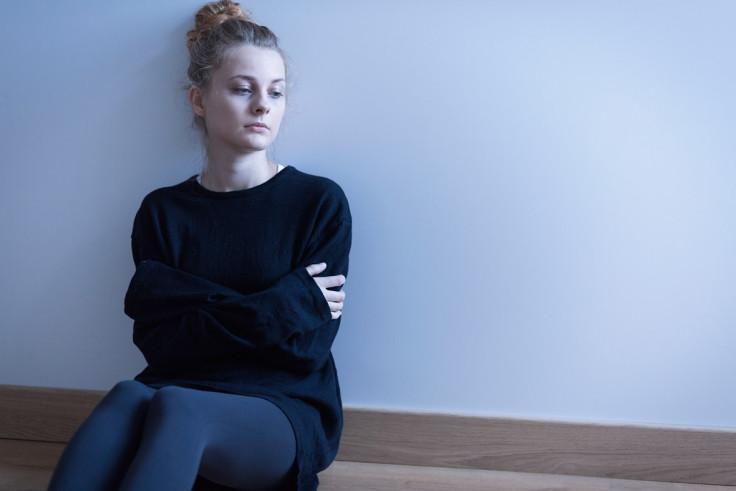Teenage girls on the pill face '80% greater relative risk of needing anti-depressants'
Scientists find possible correlation between hormonal contraception and use of antidepressants.

Hormonal contraceptives, such as birth control pills and implants, may raise the risk of depression or antidepressant use in women, scientists have said. Teenage girls appear to be particularly affected.
Millions of women around the world use hormonal contraception, with the most commonly used being the combined birth control pill – it contains a mix of artificial female sexual hormones oestrogen and progesterone. In the UK, roughly 25% of women use it. Used well, it is 99% effective to avoid a pregnancy and has greatly empowered women to take control of their fertility.
Nevertheless, the pill is though to have a number of adverse health effects. Past research has often brought forward clinical evidence that hormonal contraception could affect the mood of some women, but the link between the use of hormonal contraception and mood disturbances has so far not been well documented.
The recent study, published in JAMA Psychiatry, aimed to investigate the relationship between hormonal contraception and moods further. A sample of over a million Danish women was used.
The scientists assessed whether the use of such contraception is associated with greater risk of depression or antidepressant use, and if this changed depending on the contraceptive method used.
A teenage risk
The study was based on data from more than a million women aged 15 to 34 years collected from national registers in Denmark. These women were followed up between 2000 and 2013, and the scientists looked at their contraceptive use, as well as whether they had a depression diagnosis or other major psychiatric diagnosis during the course of the study and if they had a prescription for antidepressants.
The scientists, from the University of Copenhagen, also looked for cancer and venous thrombosis diagnosis, or infertility treatment. None of the women had a depression diagnosis at the start of the research and 55.5% used hormonal contraceptives during the follow-up period.
Analysing this massive amount of data, the researchers found out that women on hormonal contraceptives had a slightly heightened risk of depression compared with women who took no contraception.
Furthermore, certain types of contraceptives increased the risk of being diagnosed with depression or using antidepressants. The women who used combined oral contraceptives or the progestogen-only pill had a 23% and 34% greater relative risk of first-time antidepressant use, respectively. Similar figures were observed regarding a diagnosis of depression.

This risk was a more significant for the youngest members of the cohort: women aged 15-19 who used combined oral contraceptives or the progestogen-only pill had an 80% and 2.2 times greater relative risk respectively of first-time antidepressant use.
Caution needed
This study brings new evidence that taking the pill or other hormonal contraceptive may have adverse consequences on women's moods and psychological health. However, it does not show that these contraceptives cause depression, but merely highlights a correlation. More research is needed in particular to understand the vulnerability in teenagers.
"There is existing clinical evidence that hormonal contraception can impact some women's moods, however, from this study there is no way of linking causation, therefore further research is needed to examine depression as a potential adverse effect of hormonal contraceptive use", commented Dr Ali Kubba, fellow of the Faculty of Sexual and Reproductive Healthcare of the Royal College of Obstetricians and Gynaecologists.
"Women should not be alarmed by this study as all women react differently to different methods of contraception. There are a variety of contraception methods on offer including the Pill, implants, injections, intrauterine devices, and vaginal rings and we therefore advise women to discuss their options with a doctor, where they will discuss the possible side-effects and decisions around the most suitable method can be made jointly."
© Copyright IBTimes 2025. All rights reserved.






















